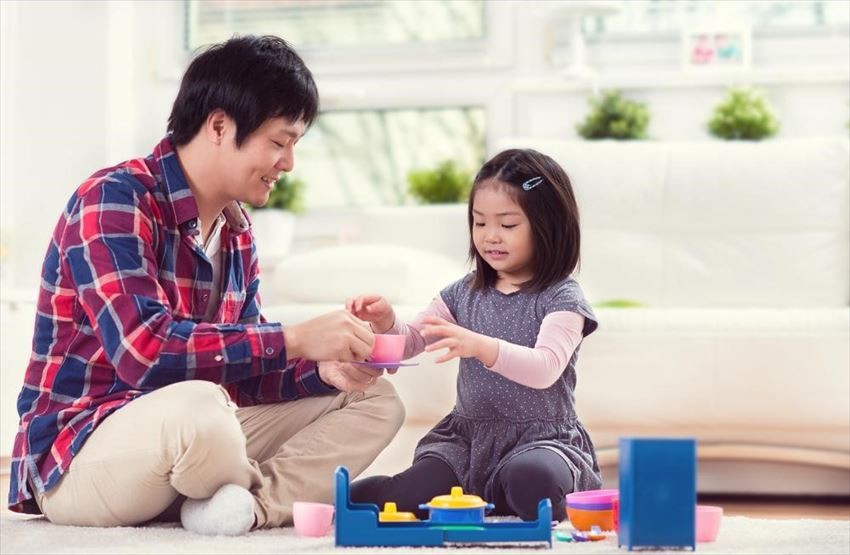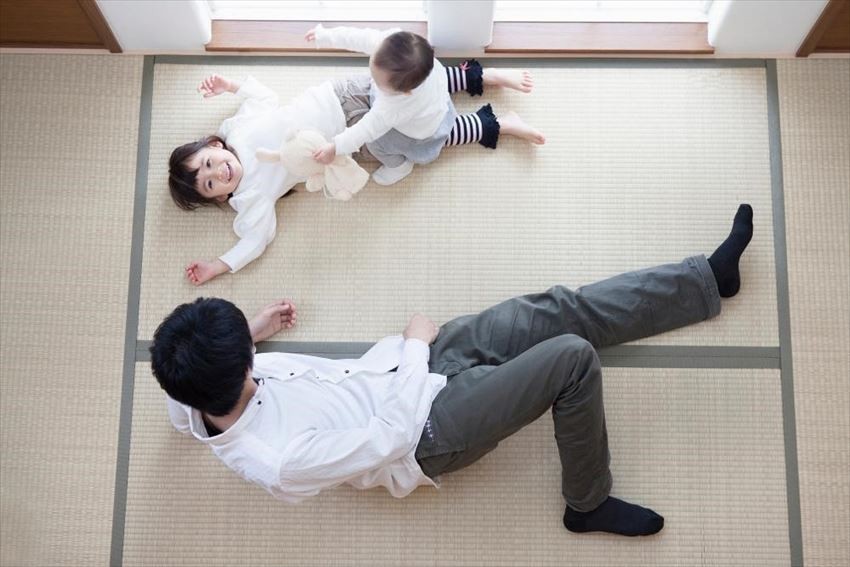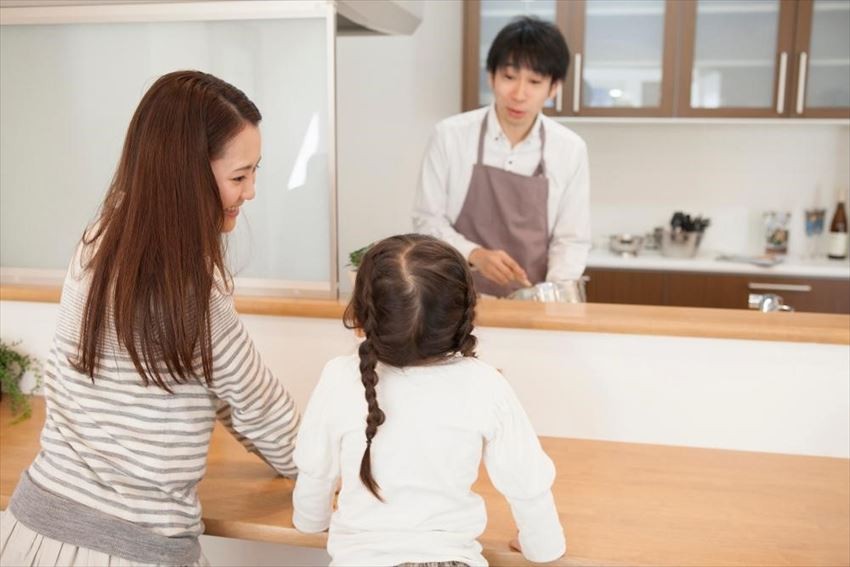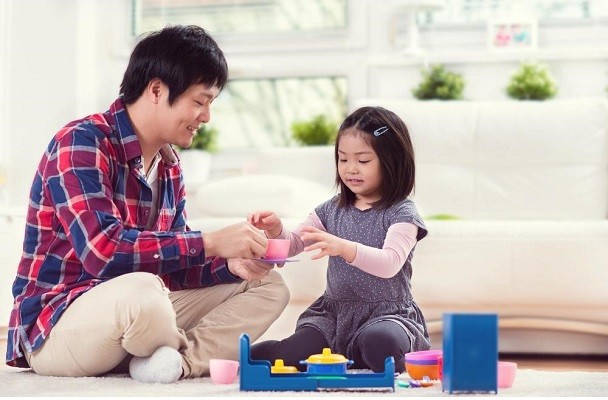
Not to be confused with ‘ikemen’ which refers to a ‘cool’, ‘hot’ or ‘sexy’ guy. Japanese love their abbreviations, and while the “ike” of the term ‘ikemen’ is short for “iketeiru”, meaning popular with the opposite sex, the “iku” of ‘ikumen’ is short for ‘ikuji’, meaning child care. And so, ‘ikumen’ are men who want to have and care for their children.
Number of Ikumen is Slightly Increasing
Over the last few years, ikumen have been becoming increasingly popular. While the Japanese population has been ageing for quite some time, the issue has become more widely recognised over the last decade. With a stagnant economy and low birth rate, most Japanese people are in favour of measures to stimulate the birth rate as a means to somewhat correct the issue.
With this in mind, it is no surprise that the term ‘ikumen’ has increased in popularity and is commonly used to speak positively about fathers who help with child rearing and household chores.

Why Ikumen are Celebrated?
This might seem strange to many people around the globe. Why would men be celebrated so much for doing a few daily chores? Well, Japan is still a very male dominated society; in politics, in the workplace, and in the family structure. The country is not known for gender equality. There are changes occurring, but these are cultural traditions that do not radically change overnight. Therefore men who do take active roles at home, are celebrated as good fathers, and fondly referred to as ikumen.

The current climate within Japan, is for gender roles to be discussed more, and Prime Minister Shinzo Abe has targeted raising the number of women in managerial roles; aiming at 30% by 2020. Although nobody expects this to be achieved, it does at least allow for society to start to hold different expectations. Young men are slowly becoming more at ease with sharing responsibilities at home, and some are even keen to become house husbands. In a big step forward for gender equality, more Japanese women are being afforded the opportunity to pursue careers, in part thanks to the rise in ikumen.
How People See Ikumen in Fact
For this progress to continue, it is important for the status of homemakers to rise. This is where the media support for ikumen is so crucial. There is a strong desire for Japanese people to fit in and nobody wants to be laughed at. Making it socially acceptable for a man to stay at home and look after the kids, is a significant change. A government survey back in 2014 showed that 45% of Japanese people still expected men to go out to work while women stayed at home. Many point to this as showing out-dated views. However, this figure was much higher twenty years ago; 60% in 1992.
That’s all well and good, but on average women’s salaries are far behind men’s. That remains a barrier that ikumen can’t fix.

Data from the Japanese welfare ministry shows that in the period 1997 through 2013, there was a 175% increase in the number of women with a dependent husband (and claiming a tax exemption as such). In the same period there has been a 22% reduction in the number of men claiming the spousal tax exemption for their wives.
Current trend
Japanese society is getting more and more supportive for those who are willing to join the force of ikumen. One great example is the “Ikumen Project” funded by the Ministry of Health Labour & Welfare. It provides a handful of information that assists many deciding to make the transition. The organization promotes and encourages men to utilize their privileges of men’s paternity leave and the spend such precious time to witness their children’s growing journey. They also enlighten people about how taking care of family and job could coexist.

Comments